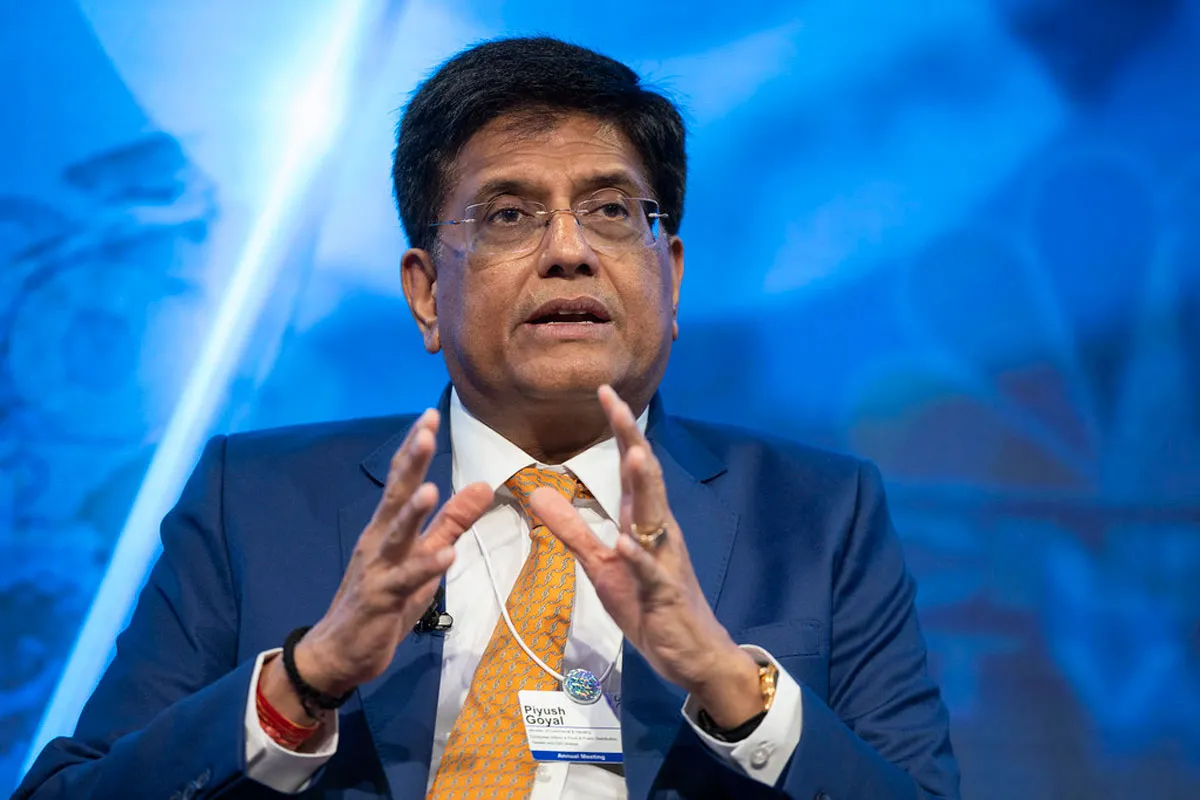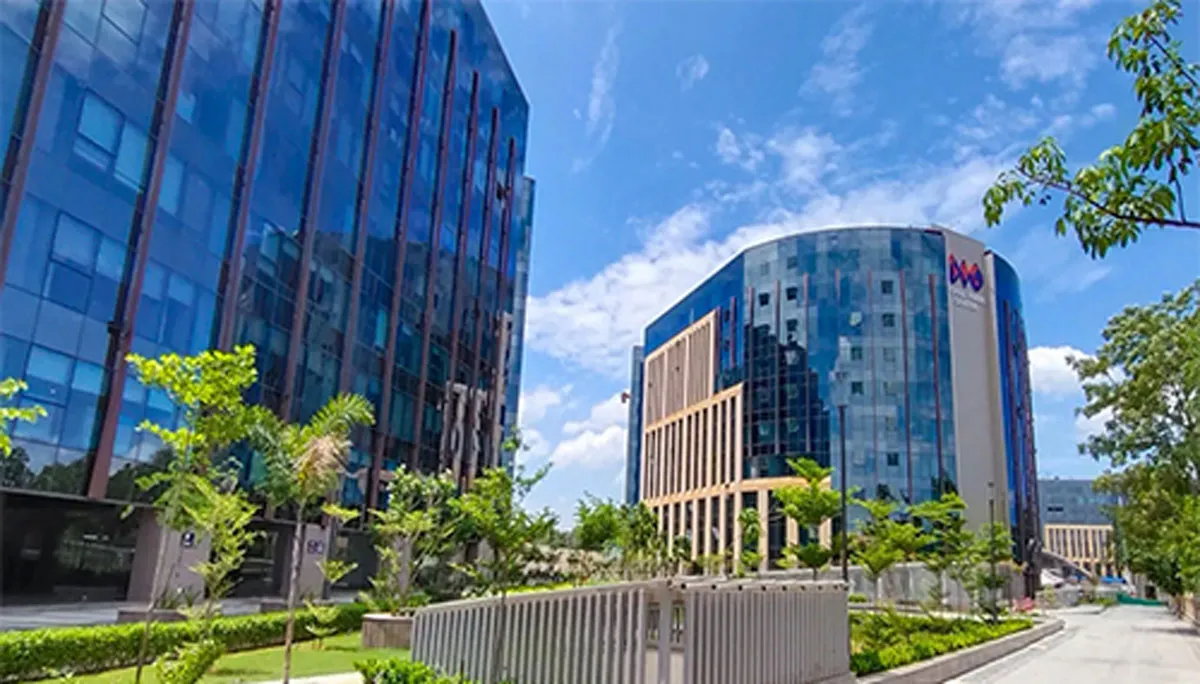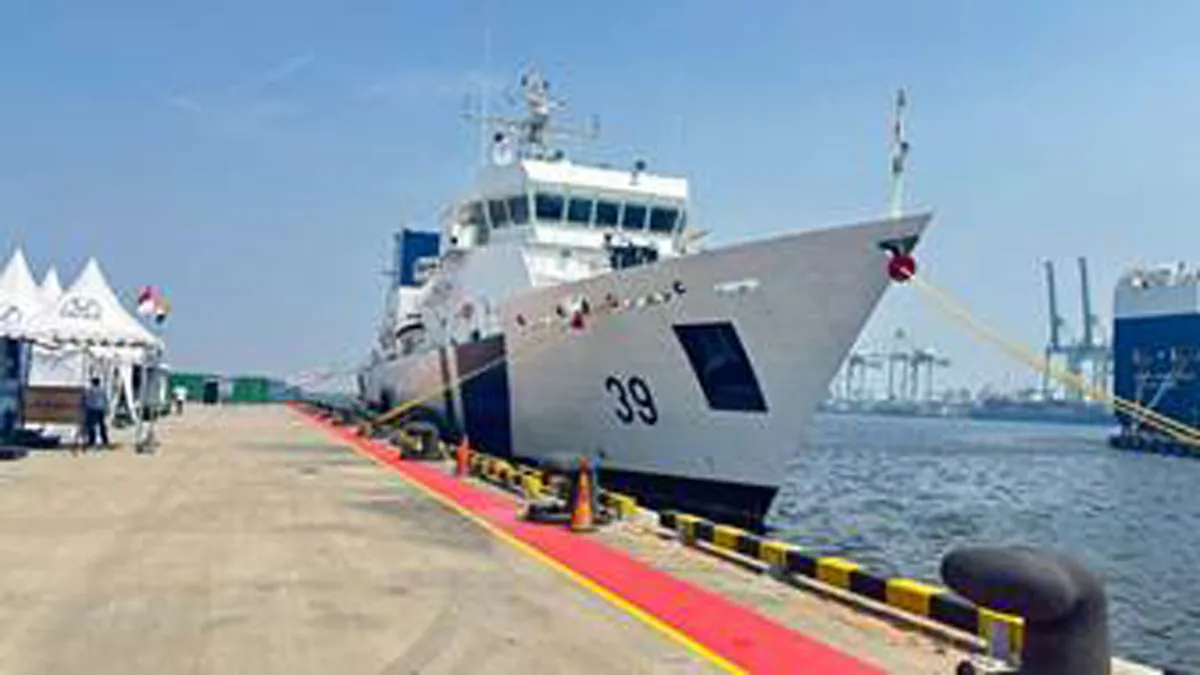
Bengal Summit Highlights MSMEs for Employment Growth

Innovation, Efficiency to Drive India’s Next Phase of Manufacturing
Union Commerce and Industry Minister Piyush Goyal underscored the central role of innovation, quality, design, sustainability and efficiency in enhancing India’s manufacturing competitiveness while speaking at the IndiaEdge event organised by the Confederation of Indian Industry in New Delhi. He said the Government, led by Prime Minister Narendra Modi, is committed to accelerating economic progress and highlighted the momentum recently seen across agriculture, services and manufacturing. India’s manufacturing landscape, he noted, has broadened into high-growth sectors such as electronics, ..

TRAI Drive Tests Map Network Quality in Barpeta, Bongaigaon
The Telecom Regulatory Authority of India has released the results of its Independent Drive Test for the Assam Licensed Service Area, covering extensive routes across Barpeta and Bongaigaon districts. Conducted between 28 and 31 October 2025 under the supervision of the TRAI Regional Office in Kolkata, the assessment evaluated real-world mobile service performance across urban centres, institutional zones, business areas and rural locations. Over 230 kilometres were covered through drive tests, in addition to eight hotspot sites and walk tests spanning 1.1 kilometres. The findings have been sh..

ICGS Vigraha Begins Jakarta Visit to Boost ASEAN Maritime Ties
Indian Coast Guard Ship (ICGS) Vigraha has reached Jakarta, Indonesia, for a three-day operational visit from December 2–5 as part of its broader deployment to ASEAN countries. The stopover features an extensive line-up of engagements between the Indian Coast Guard (ICG) and the Indonesian Coast Guard (BAKAMLA), aimed at enhancing cooperation across key areas of regional maritime security.The schedule includes professional interactions, tabletop exercises, shipboard drills and joint training modules that will allow personnel from both sides to exchange expertise and standard operating proced..

















